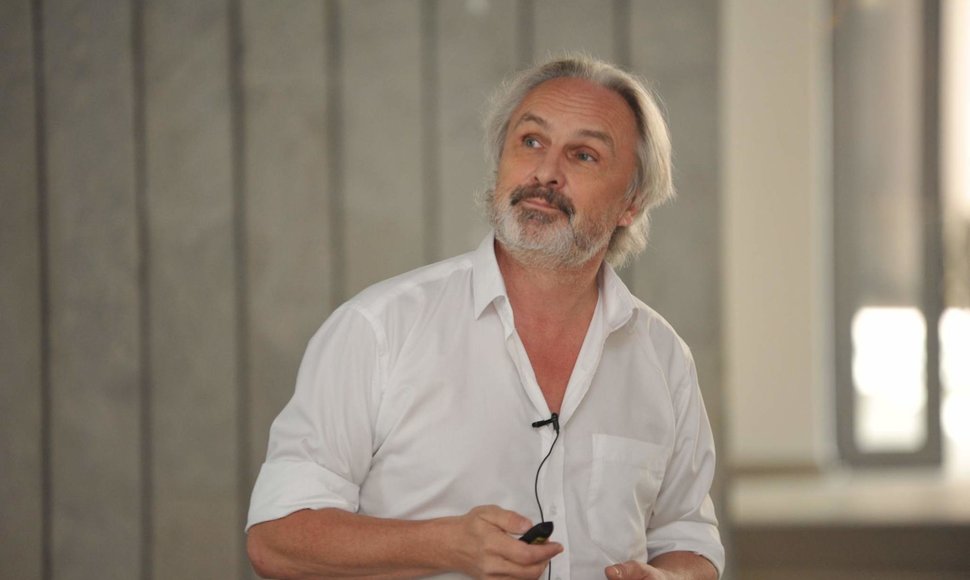All over the world people are asked to keep distance, interact as little as possible with other people, especially when they are not family or close ones, and told to stay at home as much as you can. Although prognoses differ from country to country, it is clear that social distancing will be with us for a long time to come.
When developing terminology for general use we should think of the implications. Many if not most of us are the lucky ones – we have families and friends, we are bored, maybe anxious, maybe panicking at times, but we have people to relate to. Social distancing is unpleasant and disturbing, but not more than that – even though in the long term it can affect our mental health. And probably it will. But that we will know much later, when researchers did their work, and epidemiological studies are published, with what I fear will be quite shocking outcomes.
The fact is, however, that the terminology “social distancing” is a very damaging one because the ones who are hurt most by the current crisis are those who are in need of social contacts, who are lonely, are chronically ill, are elderly without a social network, and are people with mental health problems who are often neglected, ignored and sometimes openly shunned by others. To them, social distancing means that the isolation becomes a high-security prison, an isolation cell, and to some, it will be a reason enough to seriously consider ending their lives.
Physical distancing yes, but please say no to social distancing. To the contrary: help those who have few social contacts, who were staying afloat with the few contacts they had, those to whom even only contact with a social worker or a mental health professional made a fundamental difference. They need our support, especially now.
I cannot stop thinking of that patient in a mental institution in Cuba, who once remarked: “Sometimes somebody asks me what time it is. It is almost a conversation”.
Think about that.












